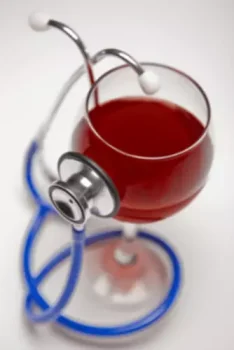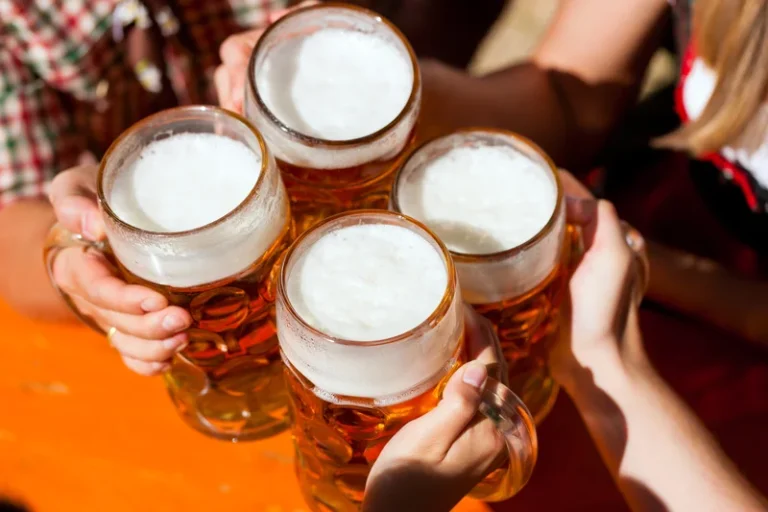These individuals play a vital role in helping individuals navigate the challenges of recovery. Once the problem has been acknowledged, accepting the need for help is the next crucial step. This involves recognizing that overcoming alcohol addiction is not something that can be achieved alone. It requires professional guidance, support from loved ones, and a commitment to change.
Why Should We Be Concerned About AUD and Alcohol Addiction?
- It’s a disease—an altering of the brain that controls a person’s motivation and ability to make healthy choices.
- It is also important to involve trusted friends and family members who can offer emotional support and understanding.
- Working with your Care Team will ensure your decisions are personalized and informed, and that you have resources at your fingertips whenever you need them.
Recovering alcoholics enter the maintenance stage, which can last anywhere from six months to years. Contact us to learn more about our caring rehab center in the beautiful Wasatch Mountains of Provo, Utah. The purpose of the 12 traditions is to help provide guidelines about the relationships between the group and the community and between individual members of the group. Remember to be kind to yourself throughout the process, and don’t be afraid to reach out for support when you need it.
The stages of alcohol recovery
- Those in the contemplation stage of recovery have begun to recognize that they may have a problem but are still non-committal about seeking treatment.
- It is during this phase that individuals may start to question their drinking habits and the impact it has on their lives.
- These first few weeks are critical because they are when the risk of relapse is highest.
- Another is to carefully plan days so that they are filled with healthy, absorbing activities that give little time for rumination to run wild.
- It is typically the first step in alcohol recovery and aims to rid the body of toxins accumulated from alcohol abuse.
If you do experience post-acute withdrawal, it’s important to remember that what you’re going through is normal, and over time, the symptoms will subside. Both acute and post-acute withdrawal can be addressed safely with the right care. It’s important to connect with a physician to discuss the best path forward for you. Then, you can work with your doctor to find the best treatment plan for you. Treating these mental health issues is a must, especially if they were at the root of your drinking.
Physical Effects When You Stop Drinking
Building a support system may take time and involve identifying individuals who are genuinely supportive and understanding. It is essential to surround oneself with people who uplift and encourage sobriety while distancing oneself from those who may enable or trigger relapse. The first step towards recovery is recognizing that there is a problem and acknowledging the need for change. Individuals may experience a range of emotions, including denial, shame, guilt, and fear. However, it is essential to confront these feelings and understand that alcohol has become a problem in their lives.
And Beyond: Embracing Change In Your Journey
A better bet is to use this time to develop a detailed action plan and identify strategies that will help them conquer their alcohol addiction. This might include examining the sort of lifestyle changes they’ll need to make or researching types of treatment and treatment facilities. This is a good time for setting goals — an activity that helps to strengthen their commitment to change.
- Plus, self-care routines can help incorporate time for self-compassion, mindfulness, and rest into your journey.
- Behavioral health treatment for alcohol problems is often (but not always) covered by insurance.
- A person typically begins by attending their first AA meeting and being introduced to newcomer information (including information on the 12 steps).
- Signs of a drinking problem can include financial issues, legal problems, struggling in relationships and using alcohol to deal with stress.
- While some alcoholics progress through the first five stages of recovery in a linear fashion, many do not.
Those with a longer history of alcohol consumption or heavier drinking may experience more severe withdrawal symptoms lasting for 2 weeks or longer. Alcohol addiction is also called alcoholism, alcohol abuse or misuse, alcohol dependence, or alcohol use disorder (AUD). It is a particularly dangerous condition because, unlike illegal street drugs or prescription drugs, alcohol is legal, easily available, and socially acceptable. This makes it harder for people to realize that their drinking patterns are problematic.
The Importance of Alcohol Rehabilitation
If you feel that any of our content is inaccurate, out-of-date, or otherwise questionable, please contact at Combining therapy with support groups can greatly improve your odds of success. Therapy combined with an AUD program tends to lead to a high recovery success rate.
By Sarah Bence, OTR/LBence is an occupational therapist with a range of work experience in mental healthcare settings. Behavioral health treatment for alcohol problems https://ecosoberhouse.com/ is often (but not always) covered by insurance. In the United States, most states have low-cost or free rehabilitation programs for those who are uninsured.
Will ascites go away if I stop drinking?
During the rehabilitation stage, it is essential to address the underlying issues that may have contributed to alcohol addiction. These underlying issues can vary from person to person and may include factors such as mental health disorders, past trauma, relationship problems, or stress. By identifying and addressing these underlying issues, individuals can develop healthier coping mechanisms and reduce the likelihood of relapse. Detoxification is a critical stage in the journey of alcohol rehabilitation. It involves breaking the physical dependence on alcohol and addressing the withdrawal symptoms that may arise when an individual stops drinking. This stage typically requires medical supervision and support to ensure the safety and well-being of the person going through detoxification.
Alcohol Recovery Timeline: What To Expect When You Quit Drinking
This is believed to occur due to changes in the central nervous system on a molecular and cellular level that affects emotions and behaviors long after the physical symptoms of alcohol withdrawal have ended. By focusing on breaking the physical dependence on alcohol and receiving the necessary medical supervision and support, individuals can lay a strong foundation for their recovery journey. Detoxification sets the stage for the subsequent stages of alcoholic recovery stages of alcohol rehabilitation, where individuals can delve deeper into their recovery process and work towards achieving lasting sobriety. Under medical supervision, individuals receive personalized care and attention, with the treatment plan tailored to their specific needs. Medical professionals may administer medications to manage withdrawal symptoms, provide fluids to prevent dehydration, and monitor vital signs to ensure stability.





